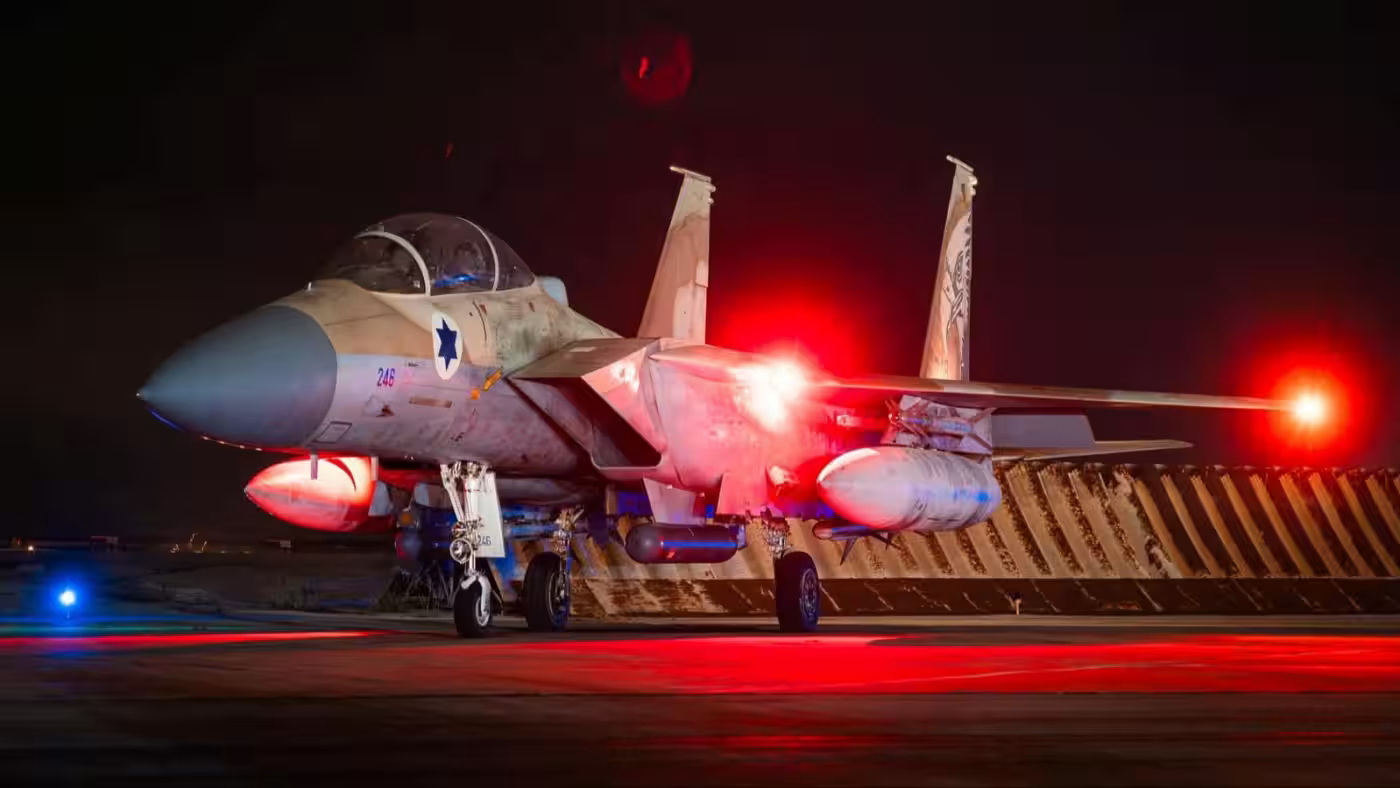Last week in Four Pillars, we discussed the Israeli strike on the Iranian embassy complex in Damascus and the retaliatory action that Iran promised. And now, that promise has been enacted upon. On April 13, Iran launched waves of drones and missiles headed for Israel. With the amount of drones numbering in the hundreds, Iran and its proxies was trying to overwhelm the Iron Dome and hit targets within Israel such as the Dimona reactor, This strike can be considered unsuccessful though, as Israel, the US, UK, and Jordan were able to shoot down most of the drones and missiles before they got to Israel, with many having been shot down over Iraqi or Jordanian airspace. These forces were able to intercept the attack, as they knew it was happening hours in advance due to the drones launches, with the only injury in Israel unfortunately being a Bedouin girl.
While the immediate threat of danger from the Iranian strike has passed, many variables are still at play in multiple dimensions. If this is the end of Iran’s action, they essentially have “played it safe” in terms of an attack, after all the rhetoric the IRGC and Hezbollah has been publicizing last week. Announcing “the matter can be deemed concluded” while the attack was still ongoing and the constant telegraphing of an attack (eg. shutting down airspace) gave hints that Iran was using the retaliation as posturing, that they do want to politically pick a fight with Israel, but lack the capacity a regional war would demand. On the other hand, launching drones and missiles from within Iranian territory does send a message that Iran itself was ready to ‘play ball’ with Israel, rather than through just proxies.
Essentially though, the ball is now in Israel’s court. It seems that the government is split between not escalating the situation, or to use the strike as a sort of casus belli to strike at their rival directly. The BGF and the Shinzo Abe Initiative urges Israel restraint during this time. While this is an opportune time to retaliate against Iran, it is also an opportunity to consolidate the goodwill into capital regarding the situation in Gaza. Many of the Pillars, especially those belonging to the G7, have condemned the attack and urged restraint in the region. President Biden has also noted that the US won’t support a retaliatory strike.
In addition, it is possible that Iran will continue attacking Israel, not from its territory, but rather through Hezbollah. An interesting note about the attack was that while proxies from Iraq and Yemen did join in the attack, the bulk of the missiles and drones came from within Iran itself. Still, Iran is at its strongest when acting through its proxies, and instead of launching drones that take hours to reach Israeli airspace, they can leverage Hezbollah as a disruptive force – and this is still a path to regional war.
In the end, it seems like none of the world wants a war between Israel and Iran, but the two direct stakeholders in the conflict themselves.
The Japan-US-Philippines Trilateral Summit was overshadowed by the event of the week, but it still brought about some productive results for the Pillars in the Indo-Pacific. One should take heed of PM Fumio Kishida’s words, that the US is not alone in upholding world order. This articulates exactly why the Pillars and their associated groupings (NATO, Quad, AUKUS, etc.) are so important – to resource-pool, cooperate, protect, and strengthen global norms and orders.


